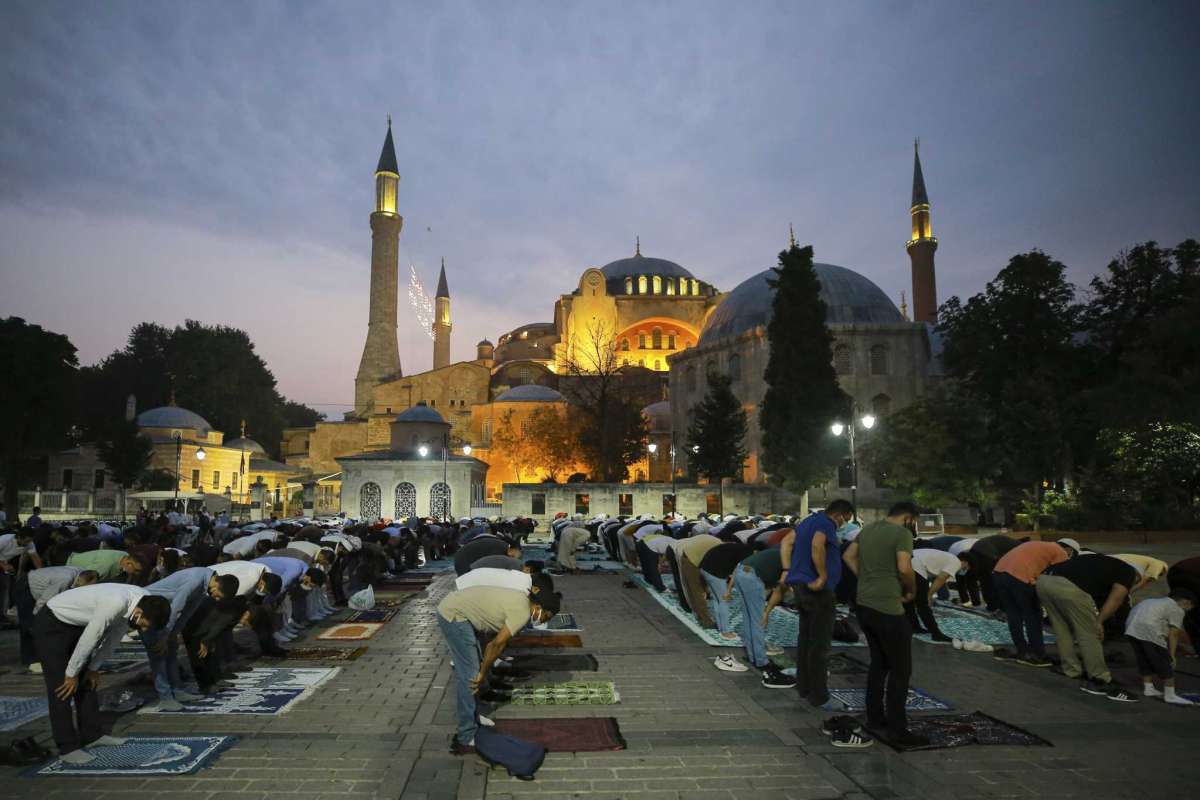By MARIAM FAM and AMR NABIL, Associated Press
(SEATTLE PI) CAIRO (AP) — Muslims around the world were observing Tuesday yet another major Islamic holiday in the shadow of the pandemic and amid growing concerns about the highly infectious delta variant of the coronavirus.
Eid al-Adha, or the “Feast of Sacrifice,” is typically marked by communal prayers, large social gatherings, slaughtering of livestock and distributing meat to the needy. This year, the holiday comes as many countries battle the delta variant first identified in India, prompting some to impose new restrictions or appeal for people to avoid congregating and follow safety protocols.
The pandemic has already taken a toll for the second year on a sacred mainstay of Islam, the hajj, whose last days coincide with Eid al-Adha. Once drawing some 2.5 million Muslims from across the globe to the holy city of Mecca in Saudi Arabia, the pilgrimage has been dramatically scaled back due to the virus.
This year’s hajj has been limited to 60,000 vaccinated Saudi citizens or residents of Saudi Arabia. On Tuesday, pilgrims wearing masks and maintaining social distancing performed the symbolic stoning of the devil in the valley area of Mina — using sterilized pebbles they received ahead of time.
“This is (a) very, very, very big moment for us, for me especially,” said pilgrim Arya Widyawan Yanto, an Indonesian living in Saudi Arabia. He added that he was happy he had the chance to perform the pilgrimage. “Everything was conducted under very strict precautions.”
Yanto said he hoped for the pandemic to end and for all Muslims to be able to perform the pilgrimage in a safe way.
